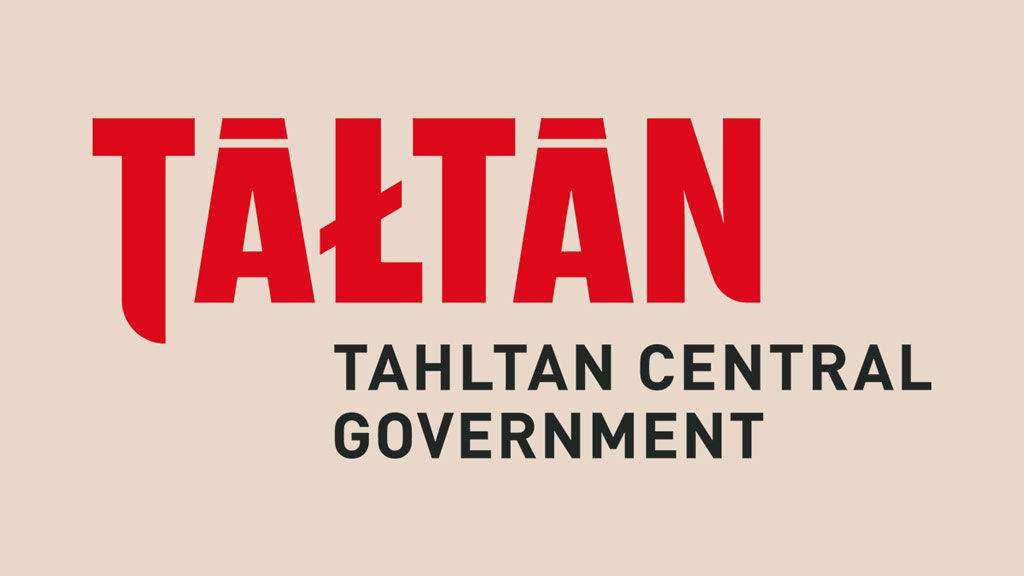Earlier this year the Industry Training Authority (ITA) and Tahltan Central Government (TCG) signed a Memorandum of Understanding (MOU) to increase sponsorship for individuals pursuing an apprenticeship in the trades by creating community-based training opportunities in Tahltan Territory. The Journal of Commerce reached out to Cassandra Puckett, the education and training director for TCG to explain the significance of MOUs and what this could mean for tradespeople in the territory.
What sort of barriers do First Nations people face when trying to complete trades training?
Puckett: Remote and rural communities face additional barriers when it comes to being able to provide consistent training opportunities. Often, academic institutions are hesitant to offer trades training due to a variety of reasons. These can range from the inability to “fill” a classroom, to the availability of required shop space to deliver trades training. Creating partnerships that will support mobile trades training opportunities is crucial in addressing these barriers. It is vital to connect with academic institutions that offer mobile trades training systems to ensure we have the flexibility to ensure participants achieve success, not additional challenges.
In employment, a challenge is finding consistent employment opportunities that provide the experience and hours required in the trades pathway. For instance, we do not have full-time construction in the North; it can be challenging to support a person through the carpentry trade when our building season is short and new construction opportunities aren’t consistent. The TCG as a sponsor can support Tahltan members in attaining their foundations. If they have some experience, they can enter into level one technical training and be ready for employment opportunities.
What sort of things could be done by the construction industry and government to increase the number of First Nations people in the trades?
Puckett: Invest in opportunities with increased flexibility in mobile trades training would be a definite asset for rural and remote communities. We have a Tahltan membership population with the drive, desire and tactical skills to do a vast array of trades jobs. However, not having local training is a barrier. Having to leave the community to live outside of the territory creates additional challenges such as the added financial expense of two residences, familial responsibilities and transportation concerns. Having to leave your community, and possibly your family, for 30 weeks to do a foundations course can be a deal-breaker. Having opportunities that allow participants to do a sort of hybrid foundations course may be another avenue to explore.
When there is construction in our rural and remote communities, it is essential that local First Nations members are hired. It is equally important that they work under a Red Seal in their chosen trades to ensure they learn the skills necessary to enter the next level of their apprenticeship pathway. The Tahltan Central Government has excellent working relationships/partnerships with many companies that do business in our traditional territory.
What sort of benefits do trades careers bring to the community?
Puckett: For rural and remote communities, it also means increasing community capacity, which is crucial in providing services that are often required but need to be called in from outside of the community at a much more significant expense. Having certified tradespeople in the community enhances opportunities for entrepreneurial ventures for Tahltan members. It provides opportunities for our future generations to continue to live, learn and contribute to our communities and nation’s continued enhancement. Building the communities’ capacity to address issues such as maintaining and repairing equipment, building and housing maintenance issues will also increase our families’ well-being and support economic development within our communities for generations to come. Trades careers are an excellent opportunity to build self-sufficiency for oneself and one’s family. Education and employment are two areas within social determinants of health that lead to an increased sense of contribution as individuals, families, communities and nations.
Follow the author on Twitter @RussellReports.











Recent Comments
comments for this post are closed